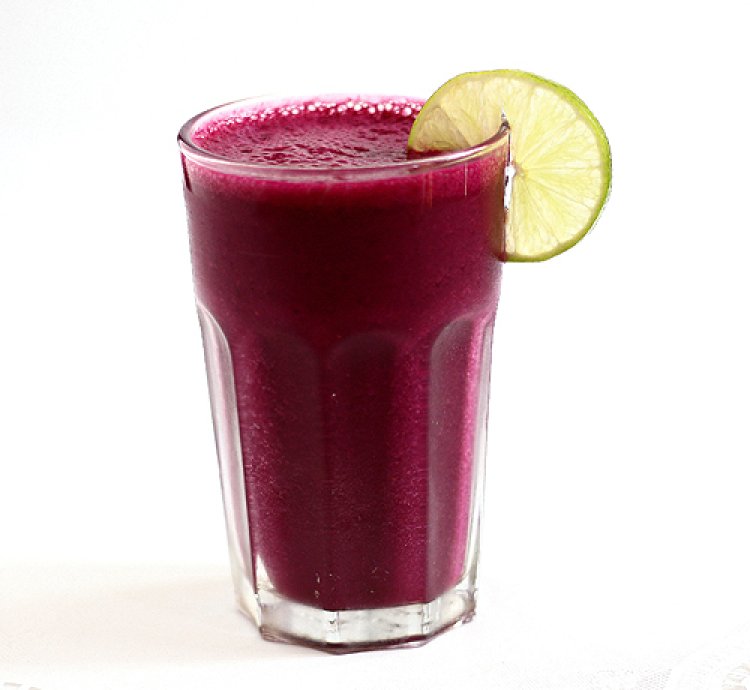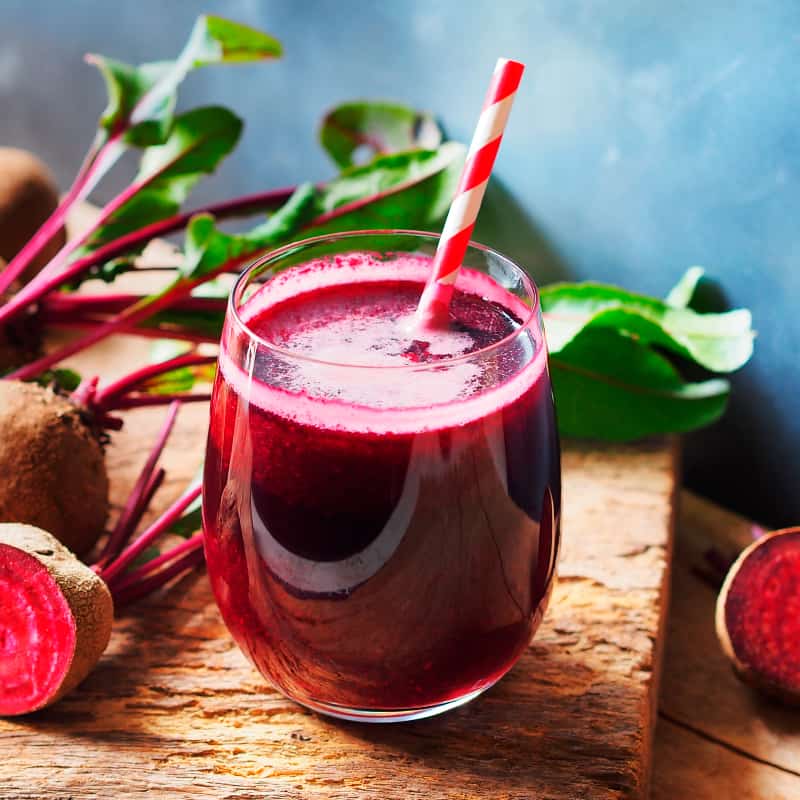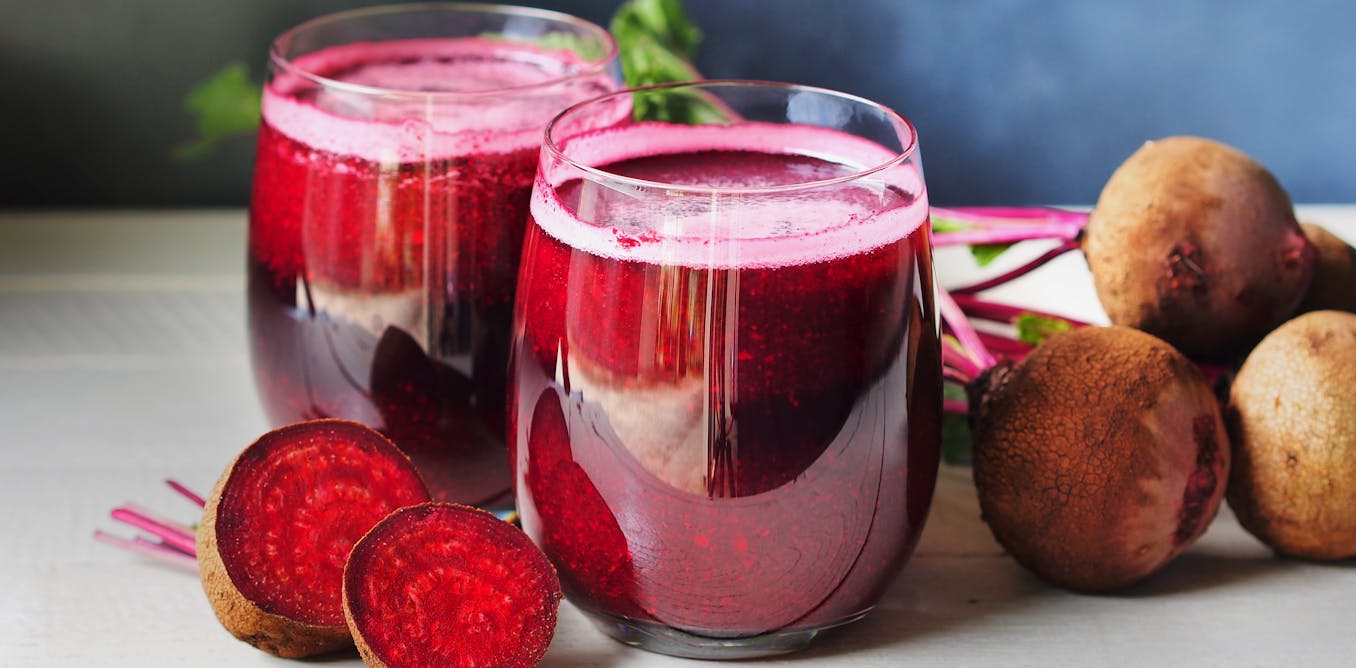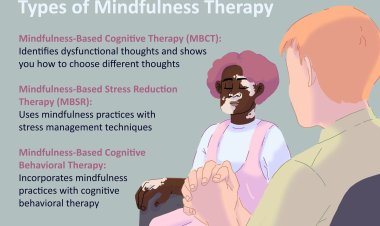How Does Beet Juice Improve Athletic Performance?
Beetroot juice and beetroot extracts have been shown to confer exercise performance benefits, particularly when it comes to cardio or aerobic

More and more athletes and physically active adults are gravitating toward nutrient-dense diets as a means of maximizing their performance. Vegetable-rich diets, such as those high in beets, have been proven to significantly affect exercise-related bodily systems. In fact, beetroot juice has risen to prominence as a popular ergogenic aid among athletes. Why is the beet a nutritional powerhouse for athletes?
Beet Nutrition
Beetroot (beta vulgaris) is a versatile plant that has culinary, medicinal, and even ergogenic use.1The red beetroot is the most popular variety of the heart-shaped vegetable among individuals who are concerned about their health.
Nitrate and the antioxidants vitamin C, carotenoids, phenolic acids, and flavonoids can all be found in abundance in beets. Nitrate is a chemical found in several foods; when eaten, it is broken down into nitric oxide.
Benefits of Beet Juice
After taking beet juice, the swimmers had a much higher anaerobic threshold compared to when they had not taken the supplement. They were able to swim for longer without experiencing exercise failure after consuming beet juice, suggesting that doing so boosted their oxygen capacity.
Beet juice supplementation was also associated with a reduction in the athletes' aerobic energy expenditure. The reduced energy expenditure allowed the swimmers to workout for longer periods of time.
Although further study is needed to discover if beetroot juice is good for swimmers of various levels, the results suggest that supplementing with beetroot juice may improve the athletic performance of master trained swimmers.
High Altitude
Even though beet juice has been demonstrated in a number of trials to boost athletic performance, the vast majority of these investigations have been conducted in controlled lab settings. There is apparently mixed data on whether or not beet juice helps athletes who are competing at higher altitudes.
When exercising at high elevations, the body must adapt to a number of challenges, most notably a lower concentration of oxygen in the blood reaching the muscles. Because of the lower atmospheric pressure, oxygen levels drop when traveling to higher altitudes.
Nitric oxide (NO) in beet juice may have different effects on the body at different altitudes.
Impact on Athletic Performance
Athletes and physically active adults cannot overstate the significance of cardiorespiratory fitness. The capacity of the cardiovascular and respiratory systems to deliver oxygen to active muscles for an extended period of time is crucial to this aspect of physical fitness.
The NO in beet juice aids in this procedure. It has been demonstrated to improve muscular function and promote cardiorespiratory performance.

Nitric oxide (NO) has therapeutic effects through enhancing oxygen utilization-related physiologic processes. Vasodilation occurs, allowing more blood and oxygen to reach the working muscles. Nitric oxide is also a signaling molecule, exchanging information with your cells and tissues. The increased blood flow and increased oxygen intake within the muscle are both direct results of this communication.
Impact on Endurance
The purpose of this review was to analyze the effects of beetroot juice on athletes' cardiorespiratory endurance, both on its own and in conjunction with other supplements.
All sorts of sports were covered, and both men and women players were featured. Kayakers, triathletes, bikers, swimmers, runners, and other healthy, active folks were all named as athletes. Below, we present a synthesis of the research' findings:
Improves Oxygen Capacity
Multiple sports were analyzed in the study. Before a competition, kayakers who drank beet juice to boost their oxygen levels performed better than those who didn't. Consumption of beet juice increased exercise capacity and endurance in competitive swimmers while decreasing energy expenditure.
Boosts Endurance and Speed
Reviewers concluded that beet juice has the potential to increase athletic performance by increasing endurance, speed, and even the quality of muscular contractions due to its effect on oxygen capacity. Beetroot juice helped professional cyclists boost their performance by 0.8% over the course of a 50-mile race. The final 10 miles saw a dramatic uptick in quality. Beet juice significantly increased both oxygen efficiency and time to exhaustion.

Supplementing with beet juice considerably increased the amount of time that all athletes were able to exercise at intensities of 60 to 80 percent. After drinking beetroot juice 90 minutes before a 5000-meter race, trained runners finished the race 5 percent faster. The article does suggest taking supplements 150–180 minutes before you want to feel their ergogenic effects.
Dosage and Timing
Supplementing with beet juice appears to be most beneficial for athletes when taken about 150 minutes before competition. The research indicated that ingesting it a few weeks before the event was also advantageous, not just on the day of the event. At least six days before strenuous training or sports competitions, using beetroot juice as a supplement has been shown to boost endurance and speed recovery. Supplementing with beet juice for 15 days has been shown in other studies to improve power and oxygen during prolonged exercise in healthy, physically active people.
Maximizing Beet Juice Benefits
Beet juice supplementation has been demonstrated to boost stamina and energy, but the research revealed that the advantages were maximized when taken in conjunction with endurance training.
Studies have shown that supplementing with beet juice at least six days before high-altitude competitions yields the greatest results for athletes competing at a higher altitude. The effects of beet juice on high altitude exercise have received conflicting reviews in the scientific literature.
Beet juice loses some of its beneficial effects when combined with some other substances. Beet juice's ergogenic advantage may be nullified by caffeine, and antiseptic mouthwashes may reduce the impact of the nitrates in beet juice.













